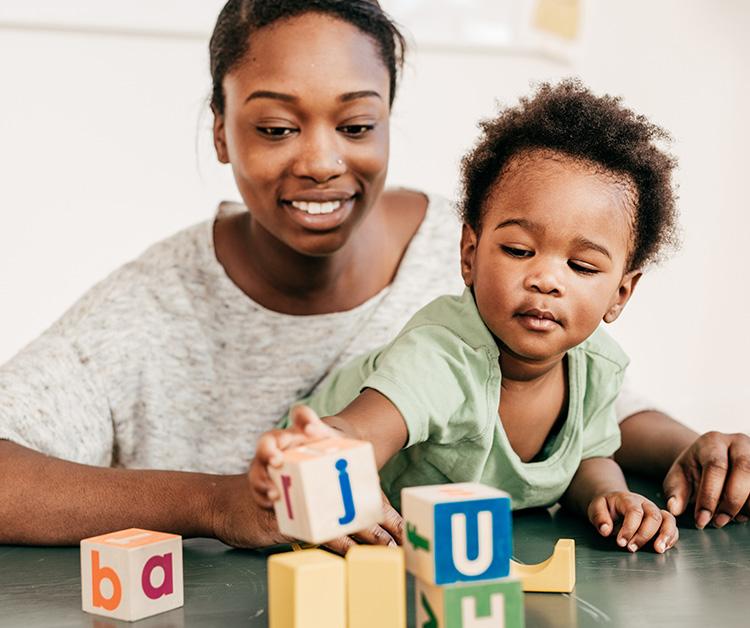Due to maintenance, rewards points for receipt uploads will be delayed. Thank you for your patience!

Here are some easy activities you can introduce to help her reach new milestones and move on to the next exciting stage.
Nearly 1 year old, your baby is almost a toddler. In addition to providing excellent nutrition, here are some easy activities you can introduce to help her reach new milestones and move on to the next exciting stage.
All information on Enfamil, including but not limited to information about health, medical conditions, and nutrition, is intended for your general knowledge and is not a substitute for a healthcare professional's medical identification, advice, or management for specific medical conditions. You should seek medical care and consult your doctor or pediatrician for any specific health or nutrition issues. Never disregard professional medical advice or delay seeking medical treatment, care, or help because of information you have read on Enfamil.